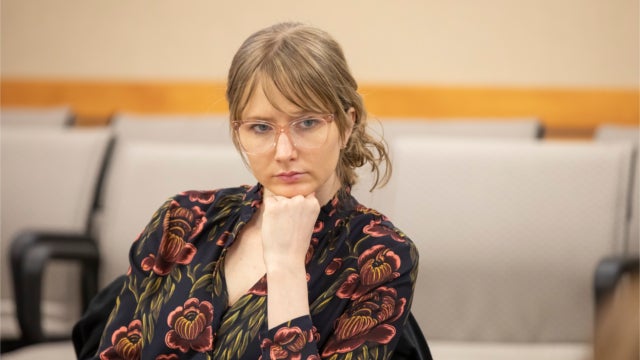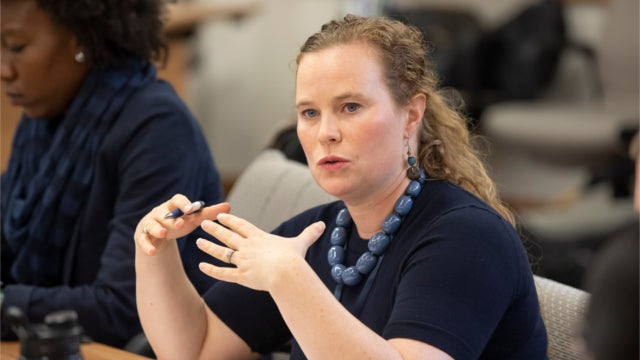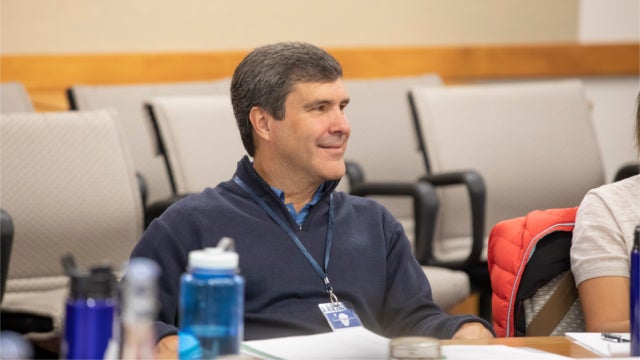As we move into the 2020s, numerous interlocking changes are reshaping the economy—transforming the foundational building blocks of global and local job markets and making job quality more important than ever for the advancement of inclusive growth.
New technologies are enabling all of us as citizens, consumers, employees, and community members to connect as never before, while also reshaping the nature and availability of work. Environmental changes are happening faster than expected, with climate change affecting everything from agriculture to manufacturing. Trade tensions are creating massive uncertainty and threaten to disrupt the global supply chains on which businesses and consumers depend. Income inequality continues to rise in the US and elsewhere; the #MeToo movement has sparked new questions about power dynamics and gender equity in the workplace; and the nature of work itself is being disrupted by factors such as artificial intelligence, automation, and the gig economy.
This new climate is redefining what it means to be a responsible, sustainable business. For more than 25 years, BSR has worked with our network of member companies and partners to build a just and sustainable world. Still, now more than ever before in BSR’s history, business must rise to the challenge of addressing employment-related issues not only for people in low-income countries, but also for people who are facing an uncertain future in the mature, high-income economies of the US, Europe, and Japan. If a woman in a Bangladeshi apparel factory was the poster child for corporate responsibility two decades ago, the middle-class American disrupted by automation, the transition to a clean energy economy, and declining social mobility is equally representative of today’s challenges. In this rapidly changing world, companies must contribute to defining a new, 21st century social contract between business and society that emphasizes the role of job quality—among other investments— in advancing more inclusive economic growth.
As always, there are solutions to be found in the most forward-looking businesses, which embrace the challenge of ensuring that people, communities, and their own enterprises can thrive amidst this change. At BSR, we encourage companies to: (1) act to ensure the most socially and environmentally sound policies, decisions, and investments; (2) enable ecosystems to achieve positive social and environmental outcomes by working through value chains, and (3) influence policy frameworks to create incentives for positive outcomes.
In the context of quality jobs, we are already seeing companies take action by helping their people and value chains prepare for the future of work. From Amazon’s recent decision to retrain up to one-third of its workforce in new technologies, to Starbucks’ effort to enable its people to access higher education opportunities, to AT&T’s reorientation of staff development towards lifelong learning that will enable their people to make career transitions — many companies are beginning to reshape their employment practices. Companies are also activating their supply chain partners in offering good job opportunities to people who need them the most through Impact Sourcing, thereby reducing inequality and enabling diverse communities to participate in the future of work.
Behind the scenes, leaders and experts at a wide array of businesses and organizations are helping companies to see the value of job quality both to their bottom line and to the community at large. As such, I’m proud to introduce three of the Aspen Institute Economic Opportunities Program’s Job Quality Fellows. These leaders are taking thoughtful and innovative approaches to job quality against the context of today’s evolving business environment.
- Angelina Drake is a former home care worker who now works to help improve job quality for care workers across the country at PHI. The organization partners with employers to help them identify and implement strategies that improve worker recruitment, retention, and performance, such as improved compensation, job supports, and professional development opportunities. PHI recently completed a successful demonstration project that provided additional training and support for workers, along with an increase in wages, that helped to reduce costs for clients.
- Sarah Kalloch is the co-founder of the Good Jobs Institute, which advises companies and investors on business practices that boost competitiveness while creating good jobs. Her work is based on the groundbreaking work of Zeynep Ton published in the book The Good Jobs Strategy. In addition to its advising, GJI has created two online tools for businesses to help them make the case for job quality in their work and identify areas for improvement.
- Rick Plympton is the CEO of Optimax, a precision optics manufacturer in Rochester, New York, which emphasizes employee prosperity and continuous learning as part of its business strategy. The company shares 25% of its profits with employees each month and offers each employee $5,000 a year in education benefits. On top of employee success, the business has seen an annual retention rate of over 90% and averages 20% annual revenue growth.
These Fellows’ work demonstrates how businesses can take different approaches to job quality and how good jobs can support business success, both of which are especially valuable in this new climate.
Ensuring good jobs is just one way that businesses can contribute to the new social contract between companies and their employees and customers. BSR looks forward to convening business and other experts and stakeholders on how to shape and define a new 21st century social contract that accelerates inclusive growth. We’re excited to continue to work with and learn from innovative leaders like these Fellows as they work to expand economic opportunity for all.
Meet the Fellows
Share
Tweet As we move into the 2020s, changes in the economy are making #jobquality more important than ever for the advancement of inclusive growth.
Tweet In areas from technology to trade to #MeToo, the new economic climate is redefining what it means to be a responsible, sustainable business. What role will #jobquality play in this transformation?
Tweet Experts at a wide array of organizations are helping companies see the value of #jobquality in today’s evolving business environment. Meet the Job Quality Fellows who are leading this work in their communities.
Tweet As the economy continues to evolve, forward-looking businesses have embraced the challenge of ensuring that people, communities, and enterprises can thrive amidst this change.
Tweet Ensuring good jobs is one way businesses can contribute to the new social contract between companies, customers, and employees. The Job Quality Fellows show how #jobquality can support business success.
About the Author

Aron Cramer is recognized globally as a preeminent authority on sustainable business. In addition to leading BSR, which has grown substantially throughout his tenure as President and CEO, Aron advises senior executives at BSR’s more than 250 member companies and other global businesses on the full spectrum of social and environmental issues.
Aron joined BSR in 1995 as the founding director of its Business and Human Rights Program, and later opened BSR’s Paris office in 2002, where he worked until becoming President and CEO in 2004. Aron serves on advisory boards to CEOs at Barrick Gold, Marks & Spencer, and SAP, and previously for AXA, Shell, and Nike. He is also a director of the Natural Capital Coalition, the International Integrated Reporting Council, and We Mean Business, and serves as a member of the Steering Council for the World Economic Forum’s Board of Stewards of its Future of Consumption System Initiative.
Aron speaks frequently at leading business forums and is widely quoted in top-tier media such as the Financial Times, Le Figaro (France), The New York Times, and the Wall Street Journal. He is co-author of the book Sustainable Excellence: The Future of Business in a Fast-Changing World, which spotlights innovative sustainability strategies that enable business success.
Prior to joining BSR, Aron practiced law in San Francisco and worked as a journalist at ABC News in New York. He holds a B.A. from Tufts University and a J.D. from the University of California, Berkeley.
Keep in touch
Learn how the Economic Opportunities Program is helping low- and moderate-income Americans connect to and thrive in a changing economy. Follow us on social media and join our mailing list to stay up-to-date on publications, blog posts, and other announcements.



